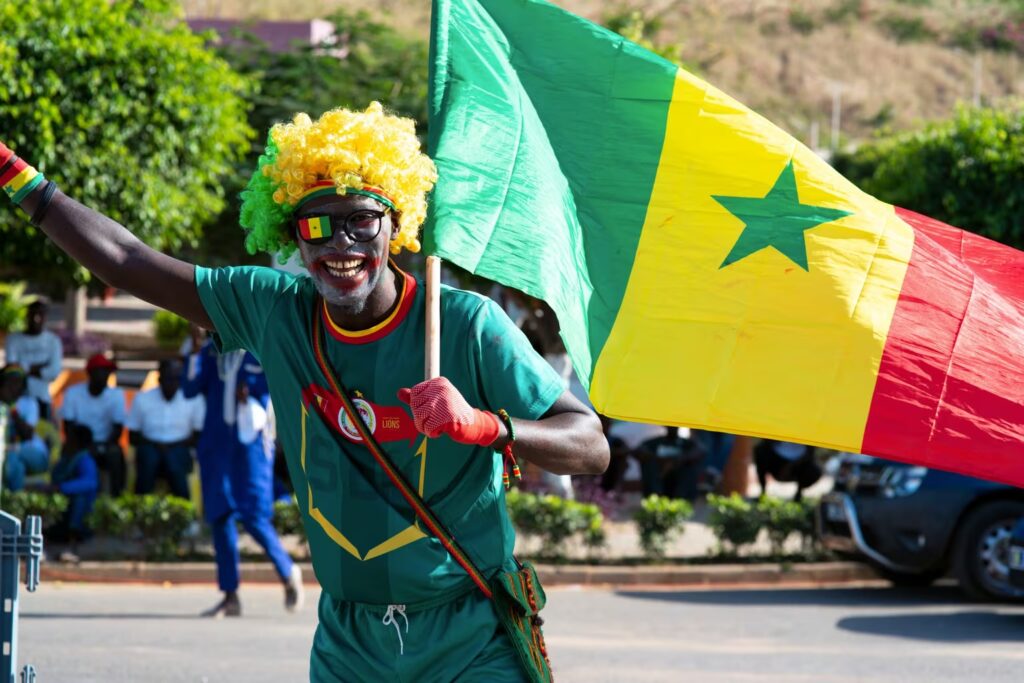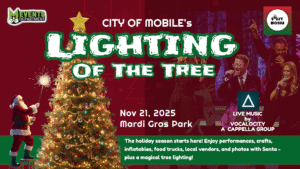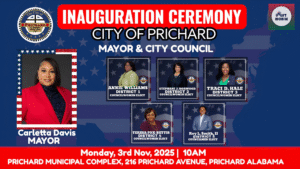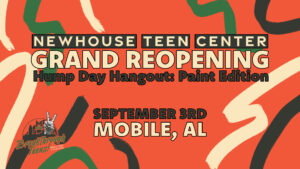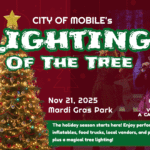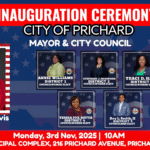April 4 commemorates Senegal’s Independence Day, marking the nation’s liberation from French colonialism in 1960. The day symbolizes Senegal’s path towards independence, won through perseverance and cooperation. This occasion remains a lively celebration of cultural identity, remembering sacrifices made towards freedom and the persistence of the people of Senegal.
Road to Independence
Senegal’s path to freedom was laid with a prosperous pre-colonization past, informed by great empires such as Ghana, Mali, and Jolof. The French colonized Senegal from 1659 to 1960, but Senegalese resisted this oppression. Léopold Sédar Senghor’s leadership led the nation to self-rule on April 4, 1960, by diplomacy and resolve.
Presidents and their Tenure
Senegal’s presidents directed its course: Léopold Sédar Senghor (1960–1980), a poet who founded the nation; Abdou Diouf (1981–2000), who solidified democracy; Abdoulaye Wade (2000–2012), who concentrated on economic and infrastructure development; and Macky Sall (2012–2024), who pushed modernization. Each president left an individual stamp on Senegal’s path since its independence.
National Symbols and Cultural Identity
Senegal uses national symbols to express its cultural identity. The green, yellow, and red flag with a green star represents hope, wealth, and sacrifice, signifying unity. The national anthem, “Pincez Tous vos Koras, Frappez les Balafons” (The Red Lion), commemorates heritage and perseverance. The motto, “Un Peuple, Un But, Une Foi” (One People, One Goal, One Faith), emphasizes national cohesion.
Music Arts: The Soul of Senegal
Senegal’s essence is reflected in its art and music. Global mbalax ambassador Youssou N’Dour incorporates tradition with innovation. Ismaël Lô enthralls with folk and Afro-pop music. Lively dances are fueled by traditional drumming, initiated by the sabar drum, expressing cultural heritage. They collectively reflect Senegal’s diverse artistic nature, which is locally and globally recognized.
Historic Sites and Monuments
Senegal’s historical sites attest to its rich background. Gorée Island, a World Heritage site, testifies to the slave trade across the Atlantic. The Dakar’s African Renaissance Monument, dedicated in 2010, marks Africa’s rebirth. The stone rings of Sine Ngayène and Wanar, centuries old, attest to historic ingenuity, linking Senegal’s past to its cultural identity.
Famous Senegalese Figures
Senegal has incredible names: Léopold Sédar Senghor, a poet-philosopher and its first president; Akon (Aliaune Thiam), a world-class musician and philanthropist; Cheikh Anta Diop, a scientist-historian who reshaped African history; and Sadio Mané, a world football legend and benevolent philanthropist. They all left an unforgettable imprint on Senegal and the world.
Senegalese Cuisine: A Taste of Culture
Senegalese food mirrors its dynamic society. Thieboudienne, its official dish, mixes rice, fish, and vegetables. Yassa chicken, with its onions and mustard marinade, provides piquant flavors. There is nothing like a warm, comforting peanut stew called Mafé, served with meat and vegetables. Bissap juice, cool hibiscus tea, is a favorite national beverage, linking tradition to taste.
Ethnic Diversity: Strength in Unity
Senegal’s ethnic diversity unites its people. The Wolof forms and influences language and culture. The Fulani, cattle-herding, retain pastoral traditions. The Serer, who farm and fish, are bound to ancestral rituals. Smaller ethnic groups such as Jola and Mandinka add color to the tapestry. Shared values and Islam transcend differences and make diversity a source of national resilience.
Akon’s Role in UpLifting Senegal
Akon supports Senegal with Akon Lighting Africa, supplying rural areas with solar-powered energy. He builds opportunities among youths with music and infrastructure investments, stimulating economic development. Through supporting local identity, he inspires self-reliance, generating pride and development throughout Africa with his proposed vision of a futuristic city in Senegal.
The Spirit of Independence: A Bright Future
Senegal commemorates its Independence Day with lively parades, cultural events, and festivals, highlighting its rich cultural heritage. Military pageants and cultural performances dominate Dakar streets with patriotic fervor. Despite growing and becoming more modernized, Senegal remains a symbol of progress. The optimism of its people brings hope to future generations to create a better tomorrow.
